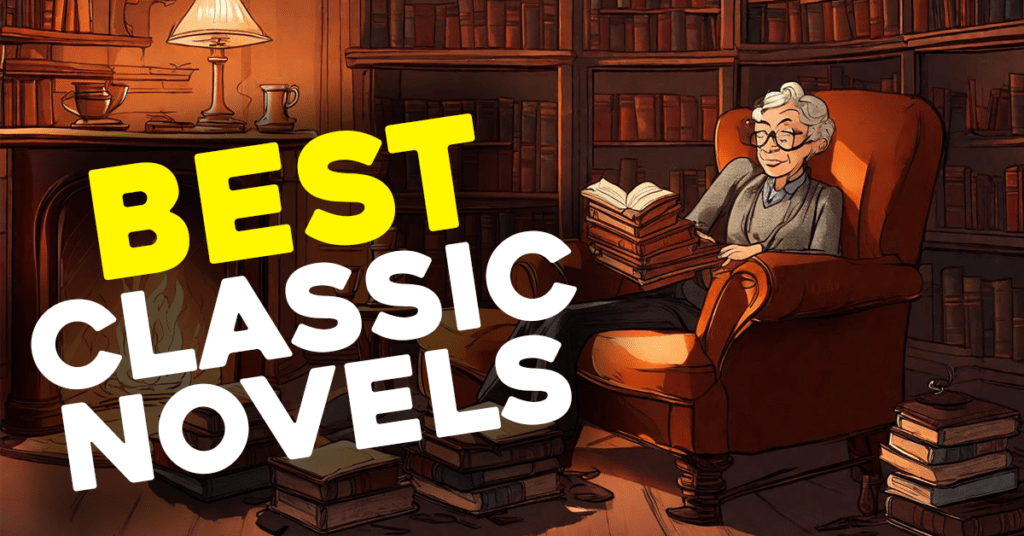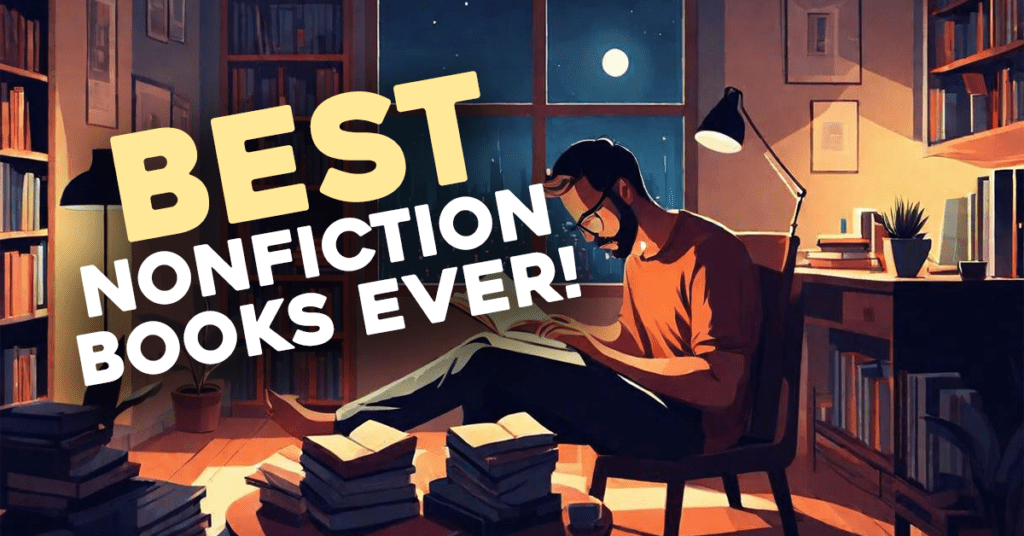Best Classic Novels
Gather round for a trip through the past, in books form of course! As is the adventure well start exploring what makes a novel more than just any book, but a classic. We will explore the hallways of history; we’ll open up lives never to forget and also de-journelise what it is that storytelling rewards throughout generations. Sit-down with your favorite cup of tea and let us explore the world Classic Novels shall we.
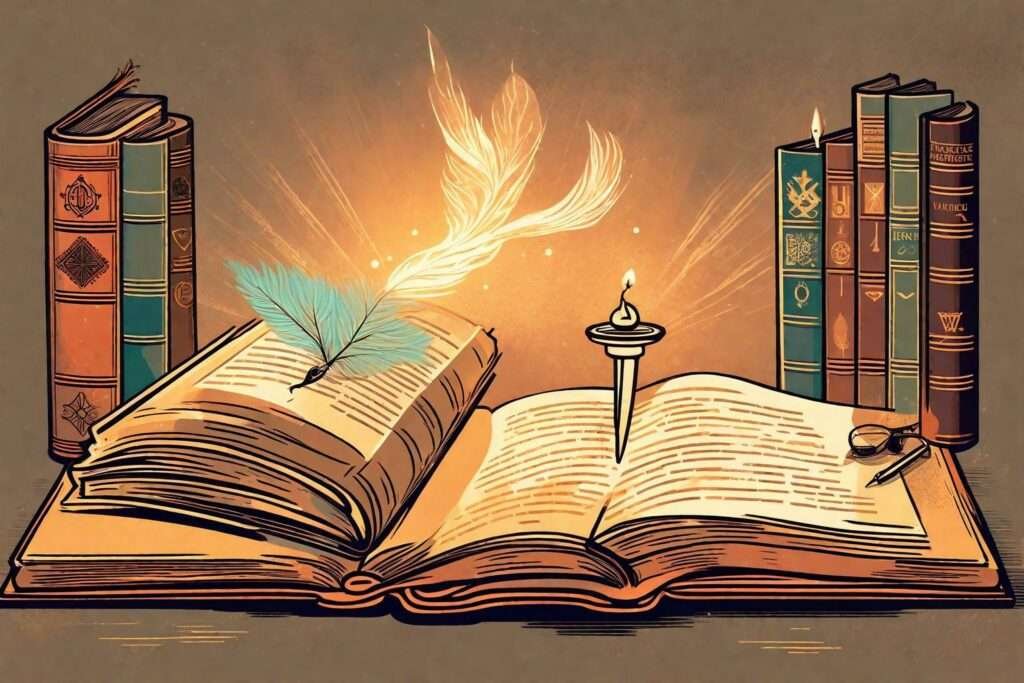
Introduction
What Do We Mean When We Say a Book Is Classic?
Why are some books even able to be passed from generation-to-generation and yet resonate just as powerfully, or in an equally potent manner. It is as if they have some sort of secret ingredient. Classics – to me, are the books that confront us, impel change through our being and offer eternal wisdom about what it means to be human. These are the books that never fade – their words resonating so loudly in white pages, echoing with a truth just as relevant now as it was when first penned.
Culturally, Educationally and Personally; The Importance of Classic Novels
Great books are really essential to who we are as a people and they’re treasure troves of insights into what’s happened in, you know how human societies have changed over time. They shape our perspective on the world, enhance language skills and link us with another era of your thoughts and feelings. To me there is something deeply touching reading words thousands of others over the years have read and loved.
Methodology: How We Chose our List of Novels
Deciding on the novels for this list was no easy feat. We talked about where they fit in history, the impact that have had on literature and society as a whole and how well they hold up today. Indeed, all of the novels have stood up to time and done so well even others continue find them by generations years apart.
The Birth of Modern Storytelling: 18th Century Milestones
Survival, Adventure and the Individual in Robinson Crusoe by Daniel Defoe
Robinson Crusoe, a fascinating study of what humans can do in the face of extreme adversity and individuality as well how people look for meaning beyond social constraints. Just another story of a man marooned on an island. It was the honest portrayal of survival and isolation that struck a chord with me.

Gulliver’s Travels (1726) prestigious “Juvenilian Sature” by Jonathan Swift.
This is Swift’s masterpiece, a satire which takes us on an adventure through mythical lands that expose some of the ridiculous things people do and how they choose to govern themselves. The book is still a compelling read even today, because of its mix of fantasy travelogues and biting social critiques.
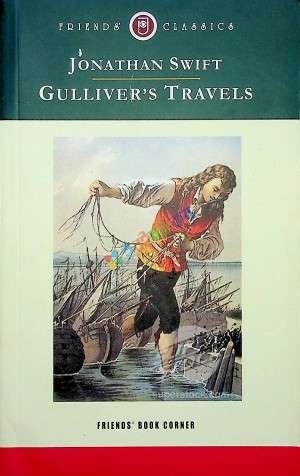
Candide by Voltaire: The Philosophy of Optimism; Atonement and Enlightenment Through Society
A masterpiece of enlightenment-era literature, Voltaire’s biting criticism is wrapped in a cloak that shines brightly with both wit and wisdom. Growing up with Candide through his loss of innocence guided my questioning of what holds society and its values in place.

Romanticism and Revolution: The 19th Century’s Literary Giants
Social Comment on “Pride and Prejudice” by Jane Austen: Humor, or the Progress of the Marriage Plot
A lovely Austen waltze of conversation that sweetly pokes fun at matrimony as business in her own time. Elizabeth Bennet taught me that the ability to think for oneself and a penchant for truth are timeless qualities.
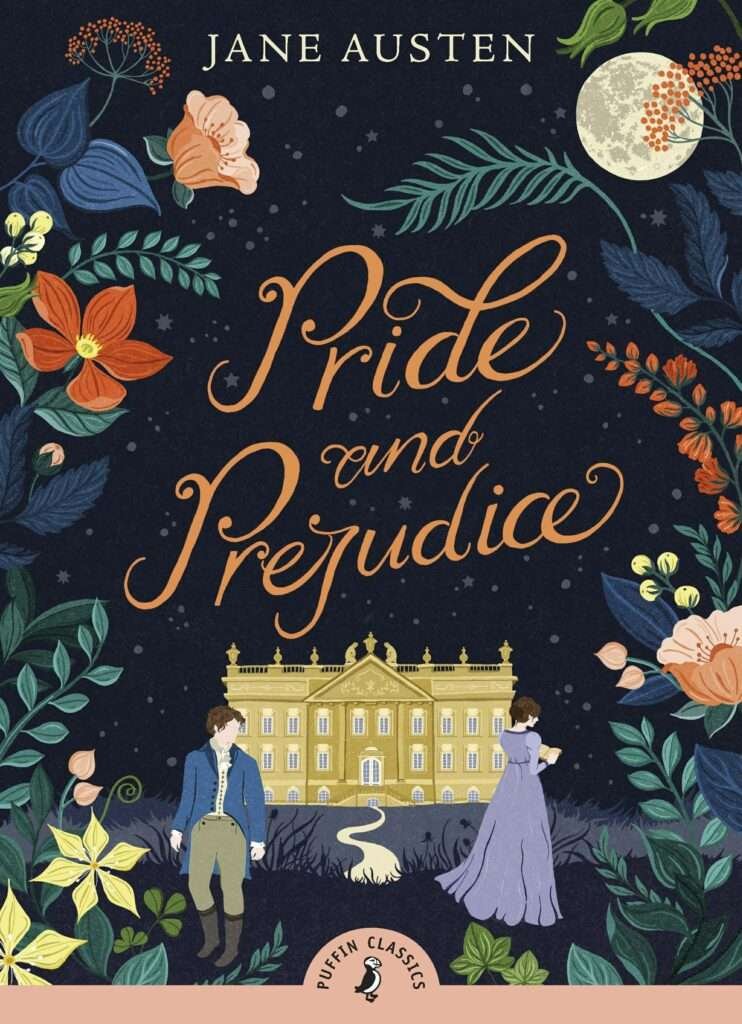
The theme of obsession in Moby-Dick can best be exemplified through its extract when Ahab is addressing the crew of Pequod.
Moby-Dick from its first editions is a stormy sea voyage through the abysses of obsession, identity and the existential questions that humanity poses. In both complexity and scope, it truly is like the ocean.
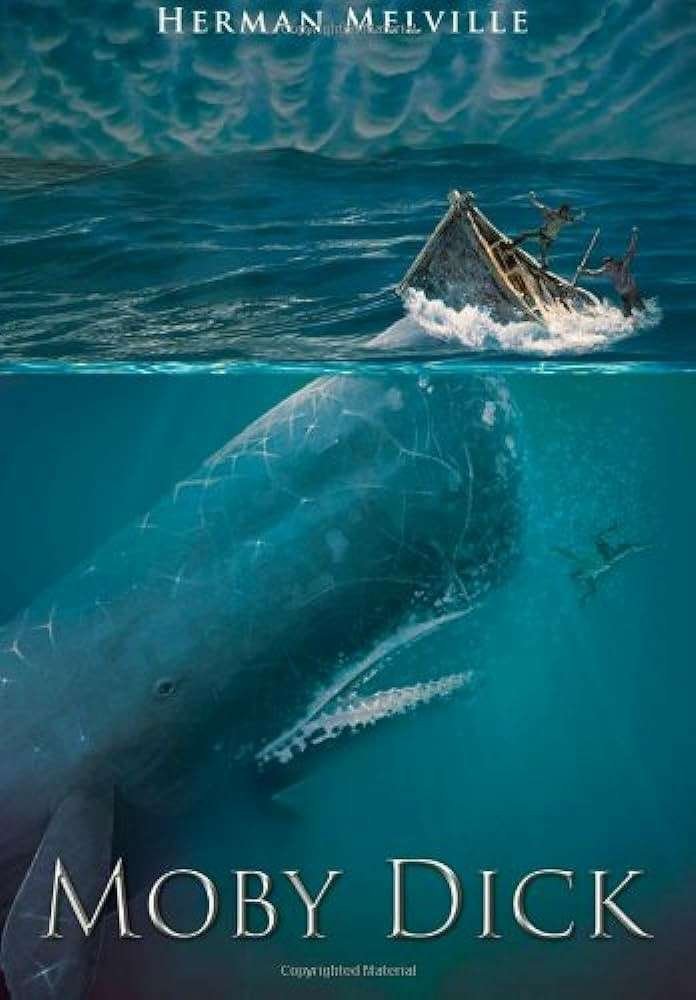
“War and Peace” by Leo Tolstoy: Historical Epic, Philosophical Inquiry, and Intimate Portraits
This grandiose book, intertwining history with philosophy and probing character studies depicting the Russian society in the time of Napoleon Nackkrigen. Tolstoy has quite the command of making something as opulent sound so intimate.
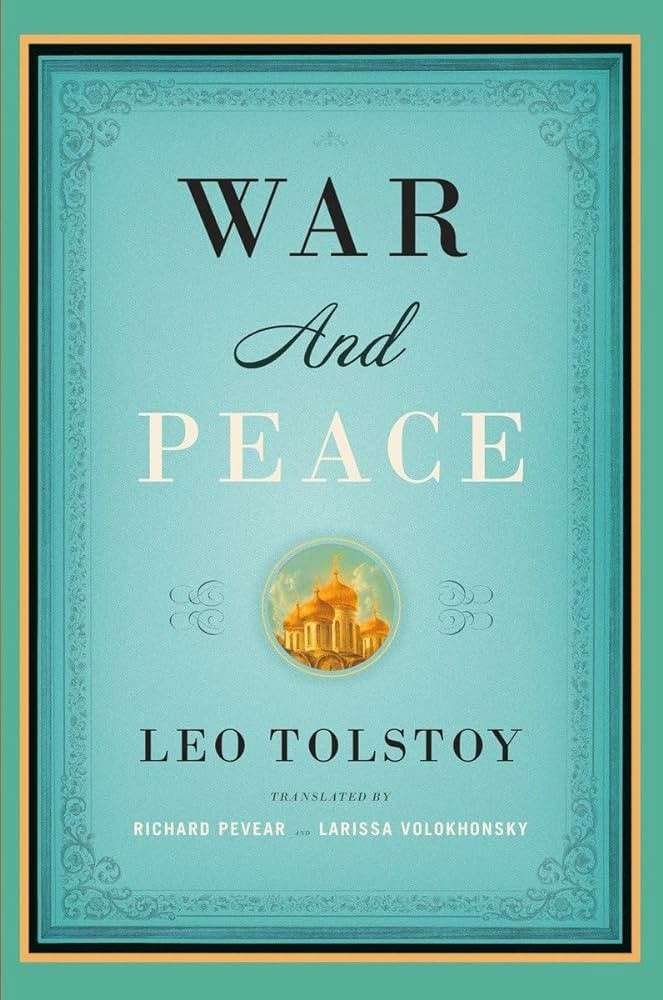
Realism and Reaction: Diverse Voices of the Late 19th and Early 20th Centuries
Racism, Freedom and the American Identity in The Adventures of Huckleberry Finn
A provocative voice in American literature, through the young and fierce Huck Finn Prowls twain novel. From its unflinching portrayal of racism, to the importance of fight for freedom that emphasises both who we are as a peoples and what is worth fighting to achieve making it timely today more than ever.
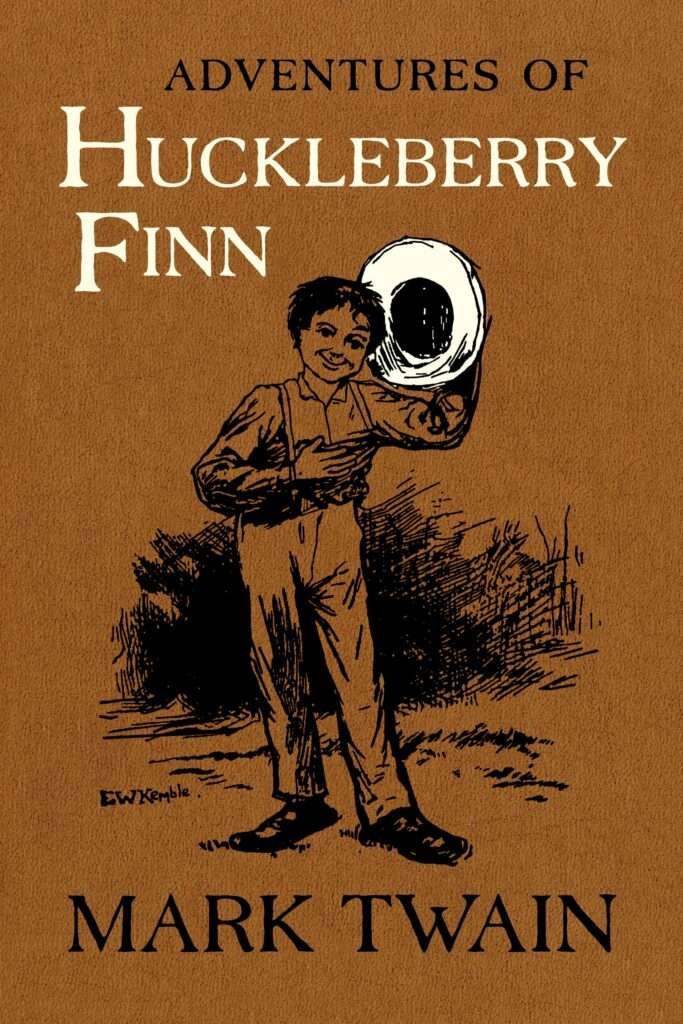
Imperialism, Civilization vs. Savagery, and the Limits of Understanding in “Heart of Darkness” by Joseph Conrad
In the Heart of Darkness, Conrad delves further into human nature and the sinister aspects of empire as his protagonist undertakes a haunting odyssey through an African Congo. A book that is simultaneously hard to read but also deeply provocative, crystallizing readers around the most basic ideas of civilization.
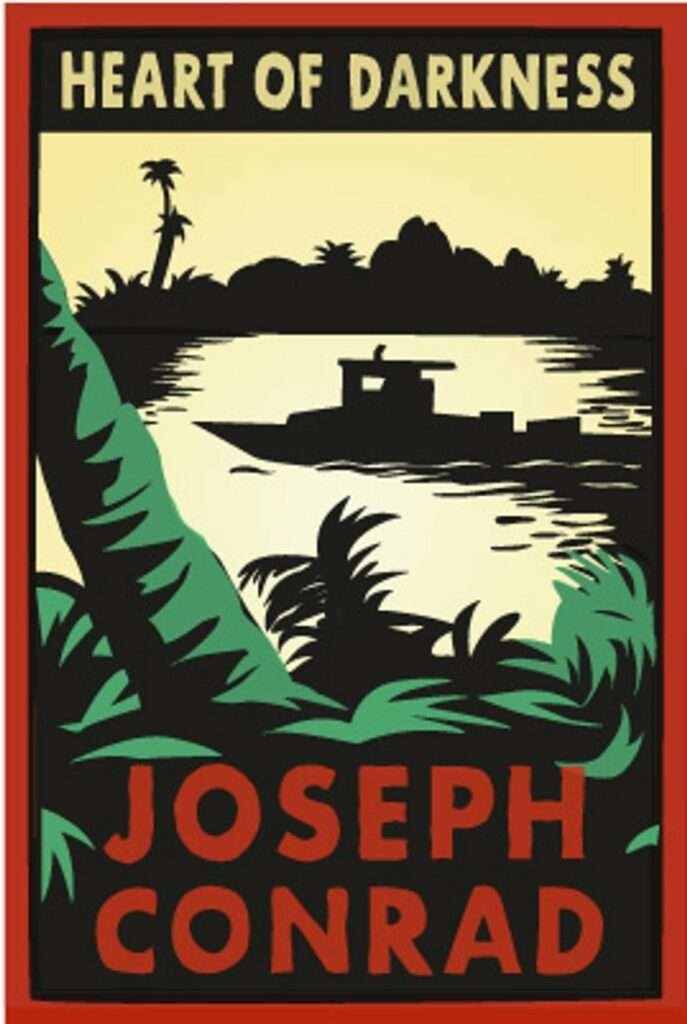
Nowhere else is this more poignantly illustrated but perhaps than in Flaubert’s Madame Bovary.
Moreover Flaubert is the master of literary realism; we see his close eyed researches on bourgeois life and its deadly consequences when linked with undisciplined love in “Madame bovary”. Cherilyn returns in her blazingly honest and humorous memoir, which follows the example of Duke Kaufman with their own life – This is really your best ciegehaltit’s grace.Fast-forward from Rooted Mist 1/2 to this summer.

Existential Echoes: Mid-20th Century Philosophical Novels
1984 by George Orwell: Totalitarianism, Surveillance and The Extinction of the Self
Orwell’s dystopia of pervasive surveillance, censorship and rigid control never seems more topical. And currently, this warning continues to be one of the most impressive examples that speak an alarming word – do we still have freedom and originality or smashed as in such book.

The Stranger By Albert Camus: Absurdity, Societal Expectations and the Point of Living
The stranger a work of Camus made us all familiar to the indifferent world accused meursault on behalf conventional moral values and society standards. The Stranger grapples with the meaningless of existence and the search for meaning in a world that appears to be utterly devoid.
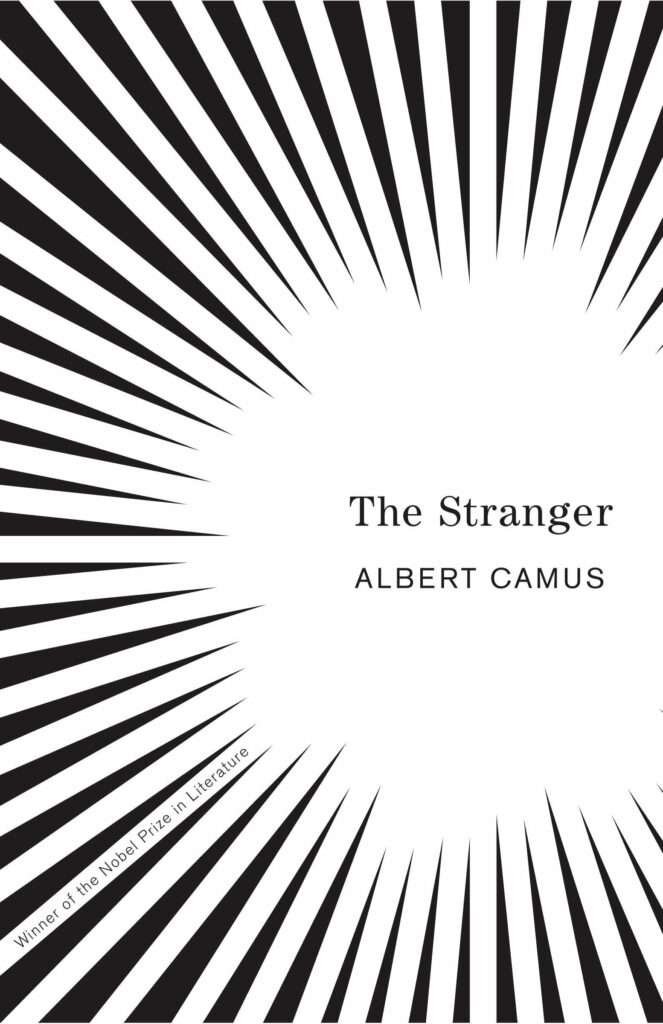
Prejudice, Moral Growth and the Fight for Justice in “To Kill a Mockingbird by Harper Lee”
A deep study on racial injustice, innocence and moral development seen from the perspective of Scout Finch as a child. That message of empathy and justice could not be more valuable right now.

The Global Tapestry: Classic Novels From Around the World
“One Hundred Years of Solitude” (Magical Realism, History & the Human Condition) by Gabriel Garcia Marquez
The great champion of the everyday and the magical, García Márquez, writes a compelling narrative about patterns in human nature as well as historical sweep—all exemplified by his tale cycle surrounding that extraordinary family: hearken once again to the Buendías. The disturbingly vibrant narrative fabric is still part of it

The Tale of Genji, Murasaki Shikibu: Courtly Love, Politics and Times
Which is regarded as the first novel in the world, written in 1021 Japan. With themes of courtly life, unrequited love and mortality it gives an insight into the ephemerality of human existence.
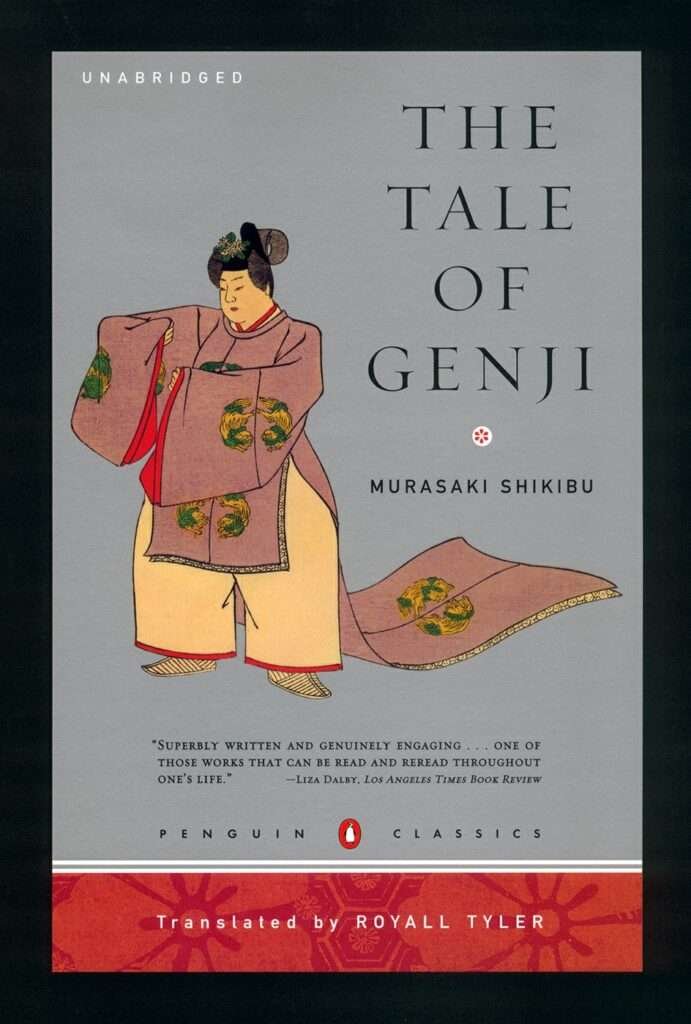
Things Fall Apart by Chinua Achebe: Colonization, Clash of Culture and African Identity
It is a powerful portrayal of the society in Nigeria and how under colonial power it fell apart. This is a strong message on the importance of respecting and protecting cultural heritage.
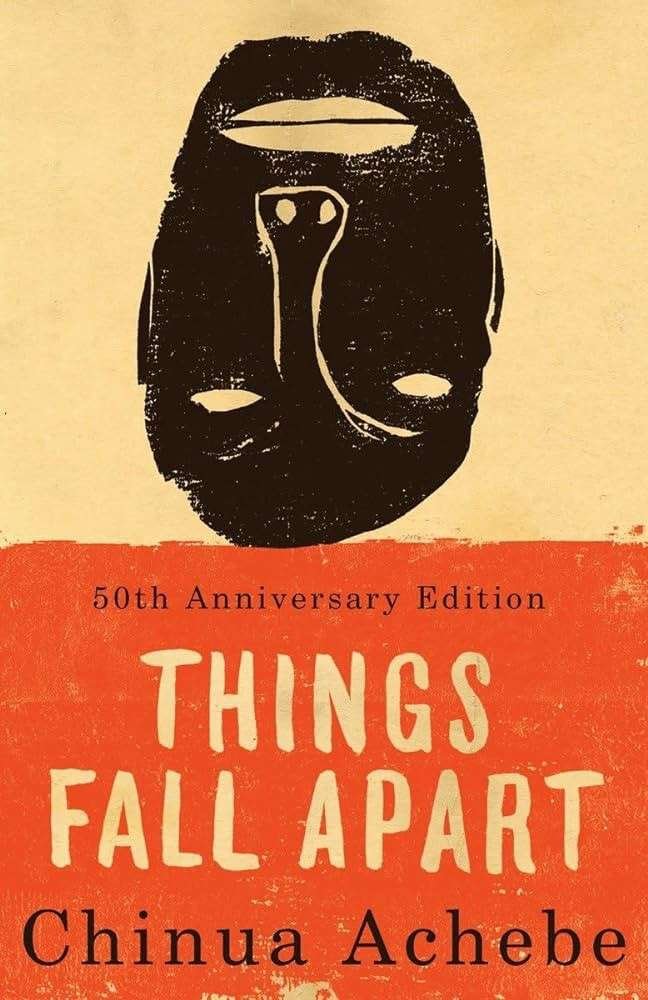
Conclusion: The Everlasting Influence of Classic Novels
Classics – What Do These Books Tell Us?
These timeless tales, focusing on themes of identity and freedom as well justice and love will only be more important today than when they were first penned. It is a sign that there is an attraction from their side and connection of those teachings to all people.
The Educational and Personal Plausibility of Classic Novels in the Modern World
Classics are mirrors of our world, but also windows into past lives and philosophies. They encourage us to think deeply, empathize widely and expand our brains emotionally.
Preserving Some of the Most Important Works in Modern History
It’s important to ensure these classics are preserved and made available for future reading generations. Despite translations, despite digital archives and the emergence of an instructional kernel, these tales need to be saved for their beauty still inspires lives.
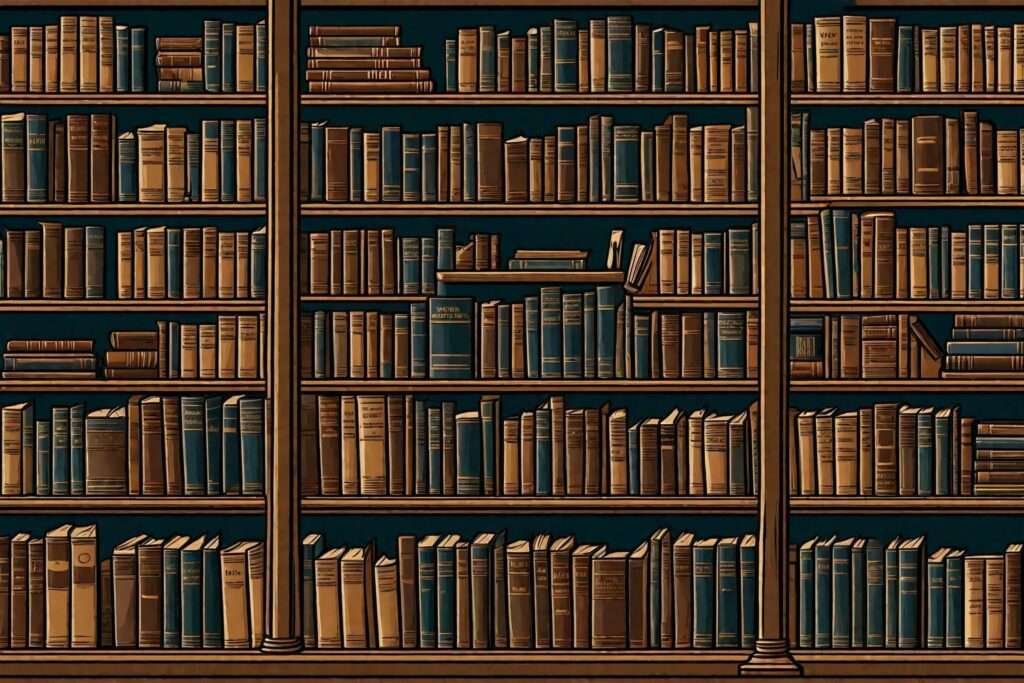
FAQs
1. Why should modern readers still engage with classic novels?
Because they offer timeless insights into human nature and the societies we build. They challenge, entertain, and enrich us, providing not just escapism but also a deeper understanding of the world and our place within it.
2. How can teachers make classic novels relevant to today’s students?
By highlighting their timeless themes and connecting the struggles and questions of the past to the present day. Interactive discussions, modern multimedia interpretations, and drawing parallels with current global issues can all help make classics resonate with contemporary students.
3. Are there any classic novels that are particularly relevant to current global issues?
Many classics reflect on issues like social inequality, justice, freedom, and human rights, which remain highly relevant today. Novels like “1984,” “To Kill a Mockingbird,” and “Things Fall Apart” offer profound insights into discussions about surveillance, racism, and cultural imperialism, respectively.
4. How can non-native English speakers approach and appreciate classic English literature?
Start with translated versions or simplified editions to build confidence and understanding. Supplementing readings with audio versions and study guides can also help non-native speakers engage more deeply with the texts.
5. Where can I find resources to help understand the historical and cultural context of these novels?
Libraries, academic websites, and online courses offer a wealth of information on the historical background, author biographies, and critical analyses of classic novels. Additionally, many literary podcasts and YouTube channels provide engaging discussions and insights.
Embracing the timeless stories and profound lessons of classic novels not only enriches our minds but also connects us to the shared human experience across time and space. As we turn each page, we discover more about the world, those who came before us, and, ultimately, ourselves. So, let’s ensure these treasures of literature continue to be read, discussed, and cherished by generations to come. Keep exploring, keep questioning, and most importantly, keep reading!
Check Out More

